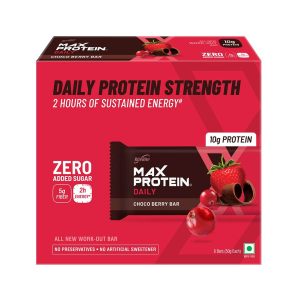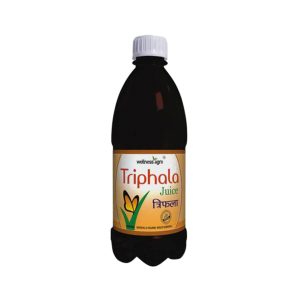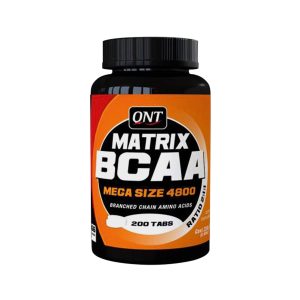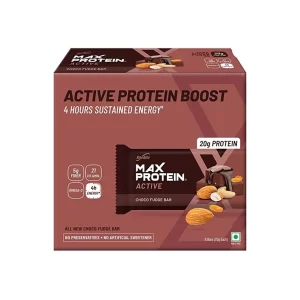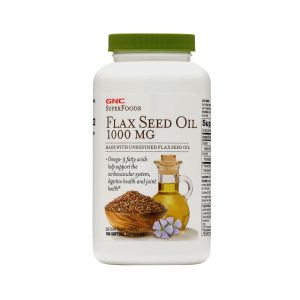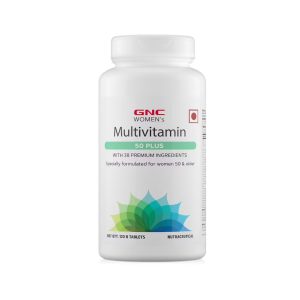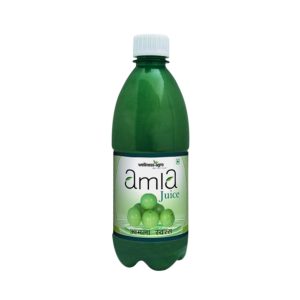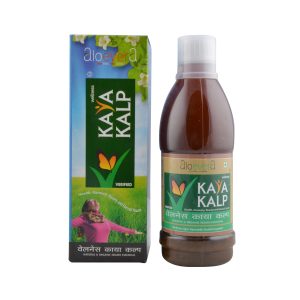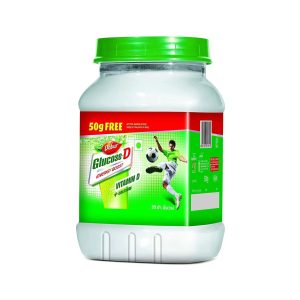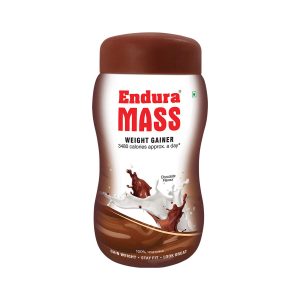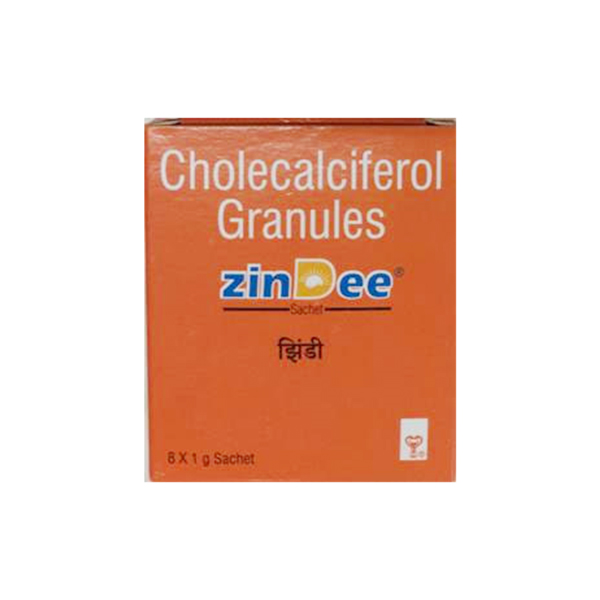
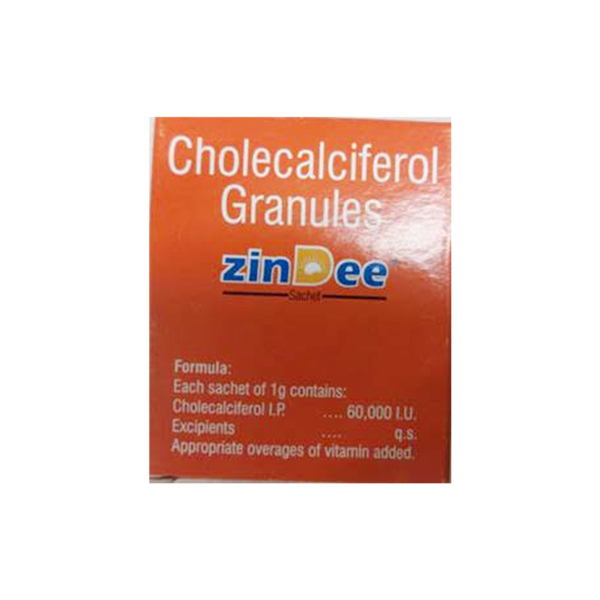
Zindee Cholecalciferol 60000 IU Sachets (8 x 1gm)
Brand: Visit Franco-Indian Remedies Store
Estimated delivery: 6-9 business days
Product Highlights
- Zindee is a high dose cholecalciferol supplementation.
- Improves calcium absorption for ensuring bone health.
- Zindee sachet helps in maintaining strong and healthy bones.
- Helping to defend the body against infections and diseases.
- Promotes bone mineralization and skeletal muscle functions.
Additional offers
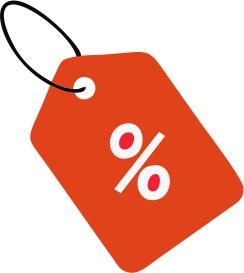 Get an Additional 1% off on this order if you Prepay it. Applicable on a min cart value of ₹599.
Get an Additional 1% off on this order if you Prepay it. Applicable on a min cart value of ₹599.  Get cashback up to Rs. 300 on payments via Mobikwik Wallet.
Get cashback up to Rs. 300 on payments via Mobikwik Wallet. For Celergen capsules and serum, please contact Cureka Support directly to place the orders. Contact Cureka support at care@cureka.com or WhatsApp at +919655928004.
For Celergen capsules and serum, please contact Cureka Support directly to place the orders. Contact Cureka support at care@cureka.com or WhatsApp at +919655928004.COD available from ₹599 till ₹9999
MRP: Offer: 292.00You Save: 44.00 Inclusive of all taxes
- Description
- Additional information
Description
- Zindee sachet contains Cholecalciferol granules 60000 IU (Vitamin D3) which is essential for bone health.
- Helps the body absorb calcium and phosphorus, which are important minerals for building and maintaining strong bones and teeth.
- Vitamin D3 plays a role in supporting the immune system, helping to defend the body against infections and diseases.
- Cholecalciferol promotes their deposition in bones, which is crucial for maintaining strong and healthy bones.
Composition
- Cholecalciferol IP (60000 IU)
Instructions of Use
- Take one sachet with milk or as advised by your doctor.
Safety Information
- Store in a cool and dry place.
- Store away from direct sunlight.
- Don’t exceed the recommended dose.
- Keep out of reach of children.
FAQ
Zindee sachet helps with various conditions in the body like Vitamin D deficiency, osteoporosis, hypoparathyroidism, latent tetany and rickets or osteomalacia.
Yes. Vitamin D3 deficiency can cause loss of bone density, which can contribute to osteoporosis and fractures (broken bones); it can also lead to other diseases.
Symptoms of cholecalciferol deficiency can include bone pain, muscle weakness, fatigue, increased susceptibility to infections, and in severe cases, rickets in children and osteomalacia in adults, which are conditions characterized by weakened and softened bones.
This is a high dose of vitamin D which should be taken once weekly and not meant for daily consumption. Also, it should be taken for a limited period only under a doctor’s guidance. Excess vitamin D can get deposited in the liver and fat cells, leading to increased calcium levels, nausea, vomiting, and kidney stones in the body.
Yes, cholecalciferol can interact with certain medications. For example, cholecalciferol can interact with certain medications that affect calcium metabolism, such as corticosteroids, anticonvulsants, and certain diuretics. It’s important to talk to your doctor before taking.
Additional information
| Weight | 0.015 kg |
|---|---|
| Dimensions | 10 × 12 × 3 cm |
| Manufacturer Details | Franco-Indian Pharmaceuticals Pvt Ltd. 20 Dr. E. Moses Road Mahalaxmi Mumbai – 400 011 |
| Packer Details | Wedjat Health Solutions Pvt. Ltd. P.NO. 547 F1-F2 Pinnacle Apartment Arul Nagar East Tambaram Chennai Tamil Nadu 600059 Mail: info@cureka.com Telephone no: 9655928004 |
| Components | Sachet |
| Country of Origin | India |
| Expires on or After | 25-09-2024 |
| SKU | NUT/FRA/08658 |




